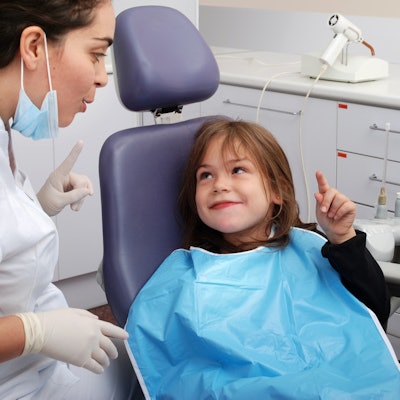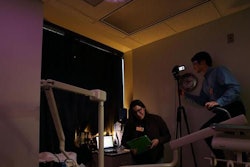
Screening for developmental disorders and ensuring that the children who are suspected of having them receive the necessary support is crucial. Researchers observed a significant relationship between oral function and developmental disorders in a study published on July 9 in the Pediatric Dental Journal.
One of the main objectives of conducting health checkups in pediatric patients is to assess the growth and development of children. In Japan, dentists have been performing health checkups to screen children for developmental disorders in cooperation with pediatricians, public health nurses, and other health professionals using a mouth rinsing function test (MRFT) to analyze oral function in pediatric patients.
Researchers sought to examine the relationship between developmental disorders and oral function assessed using a MRFT. A total of 1,147 pediatric patients who underwent health checkups between 2014 and 2017 were included in the study. Patients were divided into two groups based on their MRFT findings: good and poor oral function. Associations between the outcomes of MRFT and other assessments were analyzed.
About 30% of patients were suspected of having developmental disorders based on the MRFT assessment. Approximately 83% of patients had good oral health function, and 17% had poor function. Children suspected of having developmental disorders had significantly poor oral function.
Researchers hypothesized that children with suspected developmental disorders would have poor oral function. While this was true for several of the children, some children without suspected disorders also had poor oral function. Therefore, it is challenging for dentists and hygienists to diagnose developmental disorders based on the results of the MRFT solely.
Oral function requires complex coordinated movements that are closely related to those used in speech and eating. In school-aged children, speaking and eating are essential for school life.
Children with autism spectrum disorder often have poor oral health due to hyperreactivity to sensory input, making it difficult to maintain good oral hygiene. Many have poor food selectivity due to dental malocclusions.
The study authors urge that children who are suspected of having developmental disorders regularly visit the dentist to maintain good oral health and improve oral function.
"Developmental disorders possess spectrums of symptoms and various accompanying conditions; therefore, collaboration with other professionals is crucial for early screening and child support during their development," concluded the study authors.



















